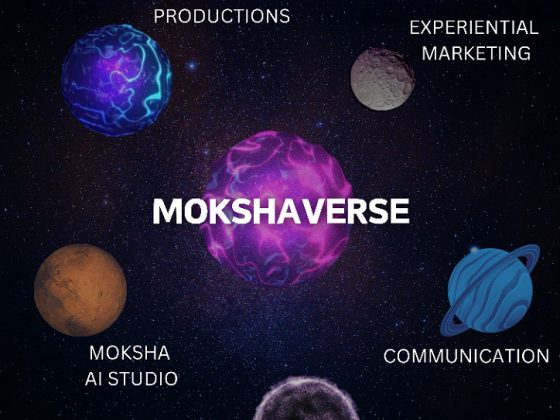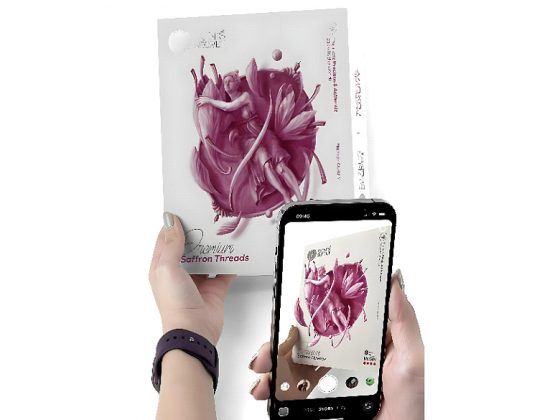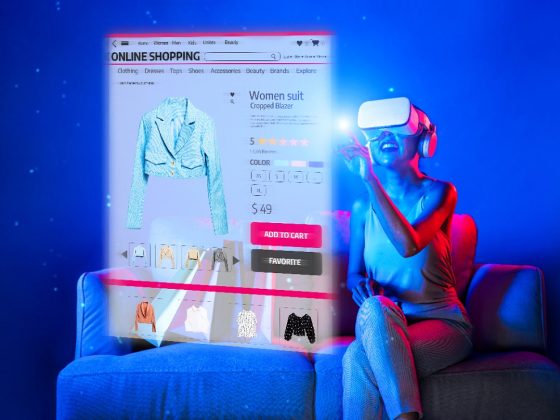
While virtual influencers bring exciting opportunities, they also face challenges regarding consumer trust. Many consumers, especially Gen Z, demand transparency and authenticity in brand interactions. Brands are, therefore, adopting transparent strategies for virtual influencers to build credibility, often positioning them as champions of social causes to align with consumer values. Calvin Klein’s 2022 campaign with Bermuda, a virtual influencer who promotes body positivity, illustrates how digital personas can build authentic connections by resonating with meaningful. Looking forward, advancements in artificial intelligence (AI) and augmented reality (AR) will further elevate virtual influencer marketing. AI-driven personalisation allows virtual influencers to tailor interactions in real-time based on consumer data, such as browsing habits and purchase history, enhancing engagement by delivering content that feels personal and timely. A recent study predicts that by 2030, 40% of brands will incorporate AI-powered virtual influencers into their core digital marketing strategies, a shift likely to drive billions in new revenue streams.











